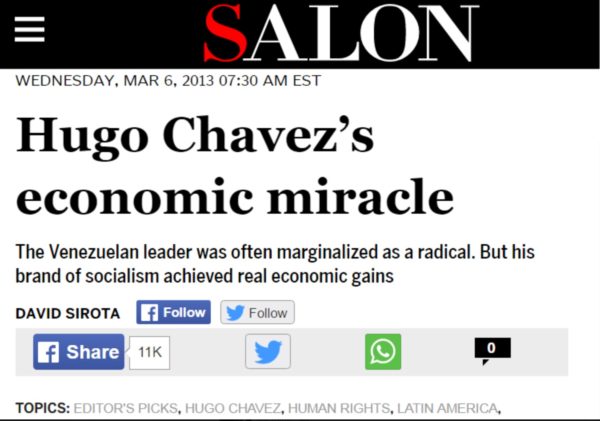My first mentor in journalism right out of college, the great M. Stanton Evans, liked to point to mainstream media coverage of inflation for examples of head-smackingly superficial grasp of the issues. Most stories about inflation would say something like, “The consumer price index rose 1 percent last month, led by increases in food, gasoline, and housing,” as though it is was the price increases themselves that caused inflation, rather than being the effect of inflation, which was of course caused by bad monetary policy.
Well check out this story from Business Insider:
Obamacare Has Been Good for the Economy
By Bob Bryan
Over the past few years the public sector has not contributed much, if anything, to GDP and the US economy’s growth. There is one implemented policy, however, that appears to be helping. . .
Aneta Markowska, an economist at Societe Generale, broke down just how consumers are spending their money that they have saved since the drop in oil prices.
The largest increase in consumer spending since gas prices have dropped, according to Markowska, has been on healthcare.
“In nominal terms, household spending on healthcare averaged 3.9% between 2010 and 2013,” wrote Markowska in a note to clients Thursday.
“It began to accelerate in the first half of 2014 and has averaged at 5.2% since then. Importantly, this pickup in healthcare spending was not driven by higher costs; real spending in this category accelerated from 1.9% in 2010-2013 to 3.9% thereafter.”
This would indicate that Americans have been not only been spending more because of increased costs, but also intentionally allocating more of their wallet to the sector.
Never mind the Keynesian idiocy of the lede or the incoherence of the last two sentences; this article unwittingly makes the case for the failure of Obamacare. In what kind of world is spending more for a necessity regarded as a success? Do we celebrate when consumers spend more for food or housing? Quite the opposite. The steadily declining cost of food as a proportion of household income has long been held as a sign of the success of the food marketplace, and if we started having to spend more on food you wouldn’t hear it called a “success.” The author of this article must have gone to journalism school in Venezuela.
Meanwhile, we haven’t taken notice of the bankruptcy and closure of Burlington College in Vermont, which has collapsed under the weight of debt accumulated under the leadership of Jane Sanders, aka, Mrs. Bernie Sanders. No doubt this is what will happen to other colleges and universities if Bernie and Hillary’s “free college” ideas are acted upon.
Well at least they aren’t as economically illiterate as Salon:

Notice: All comments are subject to moderation. Our comments are intended to be a forum for civil discourse bearing on the subject under discussion. Commenters who stray beyond the bounds of civility or employ what we deem gratuitous vulgarity in a comment — including, but not limited to, “s***,” “f***,” “a*******,” or one of their many variants — will be banned without further notice in the sole discretion of the site moderator.